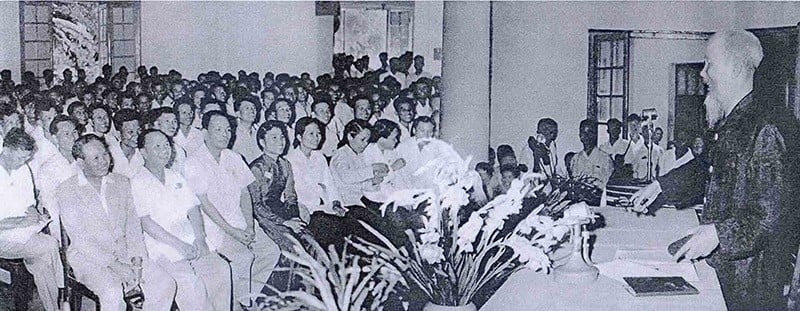 |
| Uncle Ho talked with officials and staff of the Ministry of Foreign Affairs at the first diplomatic conference in March 1957. (Photo courtesy) |
He left behind a priceless treasure of diplomatic knowledge, creating the ideological foundation for Vietnamese Diplomacy, not only in foreign policy thinking but also in diplomatic style and in building the diplomatic sector. Applying his diplomatic thoughts and lessons in the context of the new situation of the country and the world today is of great significance to the Sector.
Crystallization of Vietnamese culture
In 1945, along with the birth of the Democratic Republic of Vietnam, the Ministry of Foreign Affairs of Vietnam was also established and was honored to be directly led and directed by President Ho Chi Minh in his capacity as the first Minister of Foreign Affairs. Amidst thousands of domestic affairs, he still paid the greatest attention to this work, steering the country through difficulties and dangers to maintain the country's independence. Diplomacy became President Ho Chi Minh's lifelong work.
In fact, he was active in foreign affairs right from the beginning of his search for a way to save the country. His personal experiences during 34 years of traveling abroad shaped his thinking, ideology, and diplomatic style.
But what makes Ho Chi Minh a diplomat and Ho Chi Minh's diplomatic ideology has a deeper origin, which is the cultural and ethical tradition of the Vietnamese people. That is the spirit of hospitality, being patient with guests, selling distant brothers, buying close neighbors, tolerance, generosity, hitting those who run away, not hitting those who run back. Uncle Ho's diplomatic ideology also inherits the tradition of Vietnamese diplomacy, always valuing peaceful and fair relations to win people's hearts. Ho Chi Minh's diplomatic ideology also absorbs the quintessence of world culture, the spirit of goodness and tolerance of Buddhism, the liberal and charitable ideology of the French Revolution and the views of Marxism-Leninism on equality among nations.
Ho Chi Minh's diplomatic thought is a system of views on international politics and a system of thinking on foreign policy goals, principles, and policies as well as diplomatic strategies and tactics. Regarding foreign policy goals, he always put national interests above all else, clearly demonstrated through his famous slogan: "Nothing is more precious than independence and freedom". It is also the goal of territorial integrity and national unity, not accepting any division, as Uncle Ho said at the Fontainebleau Conference in 1946: "The South is the blood of Vietnamese blood, the flesh of Vietnamese flesh. Rivers may dry up, mountains may wear away, but that truth will never change".
Priceless lessons
The basic foreign policy orientations that he outlined long ago still hold true today. That is the policy of expanding relations with all countries, without making enemies with anyone. That is the policy of prioritizing relations with neighbors, while at the same time attaching importance to relations with major countries, simply because those are the countries that always have a decisive influence on the direction of international relations. He advocated keeping face, not confronting, knowing how to maintain balance in relations, but at the same time knowing how to take advantage of conflicts and divisions between major countries.
He also advised that diplomacy must always implement the great principles of independence and self-reliance associated with international solidarity, combining national strength with the strength of the times, and relying on real strength to conduct diplomacy. He compared real strength to a gong, diplomacy to a sound, and "the bigger the gong, the louder the sound."
He also left behind many lessons on diplomatic strategy, the greatest of which is “Remaining constant, responding to all changes”, making concessions and compromises at the right time and in accordance with principles. He also taught us to know how to win step by step, with simple but meaningful verses in the resistance war against the US: “Fight to make the Americans leave, fight to make the puppets fall”.
The strategies of “peace to advance” in the early period of the resistance war against the French and “fighting while negotiating” in the resistance war against the Americans are invaluable lessons for current and future generations of diplomats. He also taught us to know how to use softness to overcome hardness, to know how to “turn great matters into medium matters, medium matters into small matters, and small matters into insignificant matters”.
He taught diplomats to apply the five knowledges: know yourself, know others, know the times, know when to stop, and know when to change. His famous verse “If the time is right, you will succeed” brings a very valuable lesson about forecasting opportunities, seizing opportunities, and creating opportunities and times, in order to be able to use weakness to overcome strength.
Along with the above mentioned diplomatic guidelines, President Ho Chi Minh left many lessons on diplomacy and building the diplomatic sector. In a diplomatic conference in the 60s of the last century, he reminded that the mission of diplomacy is to implement foreign policy, "contribute to building socialism in the North, the struggle of the people of the South to unify the country, carry out the international tasks of the Party and State, and strengthen the friendship between our people and people of other countries".
In another conference, he advised that as a diplomat, no matter what position, one must represent the nation, the Party and the State and must know how to protect national interests.
President Ho Chi Minh emphasized, “We must preserve the honor and interests of the Fatherland, and enhance the status and prestige of our country.” Along with maintaining national dignity, he emphasized the importance of foreign propaganda work, advised that diplomacy must be considered a front and that people's diplomacy must be given utmost importance.
Diplomats must do a good job of research, "only by doing good research can they be the eyes and ears, the advisors for the country, and recommend the right policies for the host country", but they must pay attention to proper and skillful investigation and research. His diplomatic style leaves behind lessons in diplomatic communication and behavior. The outstanding feature of this style is a polite and refined attitude, but modest, simple and sincere, creating the closeness and approachability of a diplomat.
Oriented to the future
President Ho Chi Minh always paid attention to the cause of building a team of diplomatic cadres and staff. On the occasion of the third diplomatic conference in 1964, he came to talk and advised diplomatic cadres to have a firm viewpoint and stance, to grasp the domestic and foreign policies of the Party and State, to have good moral character, cultural level and understanding of diplomacy. Diplomatic cadres must have broad knowledge and good foreign language skills.
Regarding moral qualifications, he emphasized that diplomatic staff must wholeheartedly serve the people, "not be half inside and half outside", must fight evil, do good. He warned that officials going abroad could be lured by material temptations, leading to wastefulness, embezzlement, corruption, even falling and losing their dignity. He advised that it was necessary to focus on training diplomatic staff, not only through formal education but also on-the-job training, learning while doing. He said that new officials must learn to eat, speak, learn to wrap and open.
The above-mentioned thoughts and lessons of President Ho Chi Minh have become invaluable, everlasting heritages and have very practical significance in the current context, when the country continues to promote integration, creating a favorable environment for development in all aspects, but is still facing many challenges in relations with neighboring countries, major countries and dealing with complex issues such as the East Sea or Mekong River water resources.
His advice is extremely valuable for the cause of building a clean, strong, professional and modern diplomatic sector, in order to meet the new requirements and tasks currently being posed.
Source


![[Photo] President of the Cuban National Assembly visits President Ho Chi Minh's Mausoleum](https://vphoto.vietnam.vn/thumb/1200x675/vietnam/resource/IMAGE/2025/10/1/39f1142310fc4dae9e3de4fcc9ac2ed0)


![[Photo] Hanoi morning of October 1: Prolonged flooding, people wade to work](https://vphoto.vietnam.vn/thumb/1200x675/vietnam/resource/IMAGE/2025/10/1/189be28938e3493fa26b2938efa2059e)




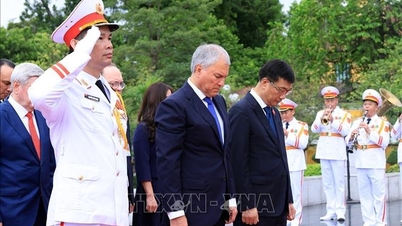

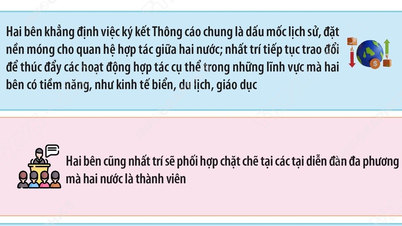

![[Photo] President visits Vietnam's Permanent Mission to the United Nations](https://vphoto.vietnam.vn/thumb/402x226/vietnam/resource/IMAGE/2025/9/24/b97c02dea2634eb38b94b1d6145671e3)
















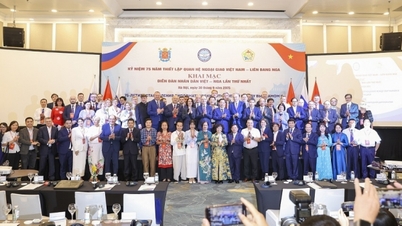
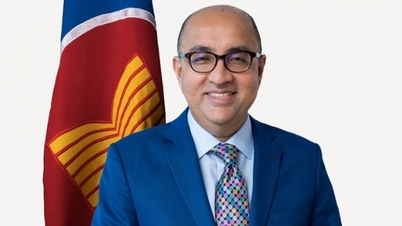
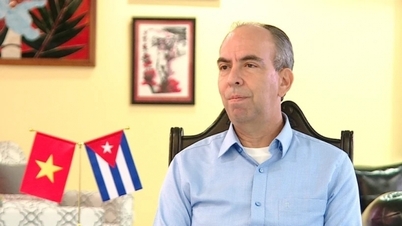
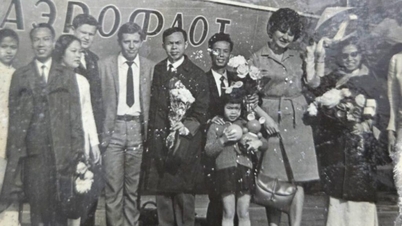

































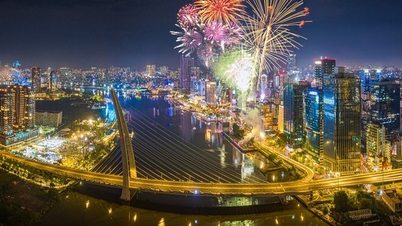
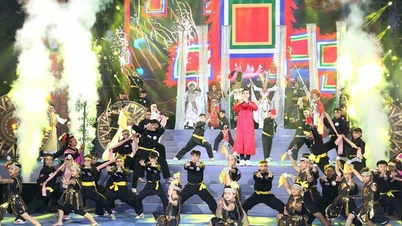





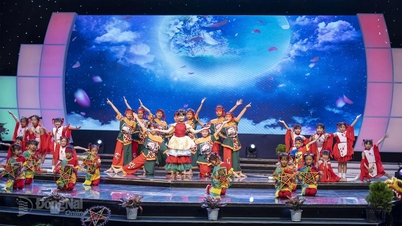

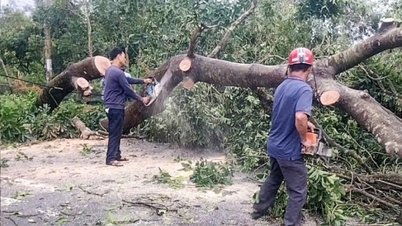

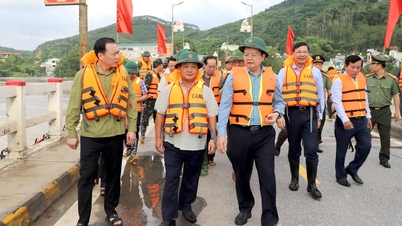

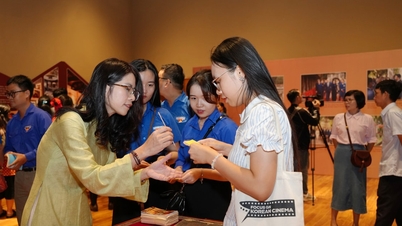

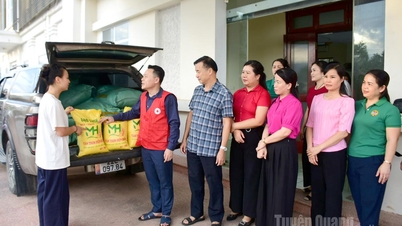
















Comment (0)